Research Seminar by Prof. Deepak Somaya
Research Seminar by Prof. Deepak Somaya, Professor, Strategy and Entrepreneurship, Gies College of Business, University of Illinois, Urbana – Champaign was held on June 10, 2019, at IIM Kozhikode.
Topic:
“Strategic Insights from Corporate Diversification & Patent Litigation”.
Prof. Deepak Somaya is a Professor of Strategy and Entrepreneurship and the Stephen and Christy King Faculty Fellow in the Gies College of Business, University of Illinois at Urbana-Champaign. He also holds a courtesy appointment in the Illinois College of Law. Professor Somaya received his Ph.D. in Business Administration from the Walter A. Haas School of Business at the University of California at Berkeley, his MBA from the Indian Institute of Management (Calcutta), and his B.Tech. in Mechanical Engineering from the Indian Institute of Technology (Bombay). In his research, he studies how companies strategize about and derive competitive advantage from their knowledge assets, including technology assets (such as intellectual property), human capital and relational assets. Professor Somaya’s research has been published in several journal articles, book chapters and conference proceedings, and received several awards including a best dissertation award (Technology and Innovation Division, Academy of Management), several conference best paper awards, and the 2012 California Management Review Best Article Award. He teaches courses on Strategic Management, Technology Strategy, and Strategic Human Capital. Professor Somaya serves on (or has served on) the editorial boards of several journals, including Academy of Management Review, Journal of Management, Organizational Science, Strategic Entrepreneurship Journal and Strategic Management Journal. He is a past Chair of the Strategic Human Capital Interest Group of the Strategic Management Society. At the Gies College of Business, he serves as Academic Director of the Illinois Consulting Academy and until August 2018 was Director of Graduate Studies for the Department of Business Administration.
Abstract of the Talk
Prof Somaya’s research is on how companies strategize about and derive competitive advantages from their knowledge assets, which he categorizes into technological assets (such as intellectual property), people assets (human capital) and relational assets (social capital). Some of his research explores the international aspects of innovation and intellectual property rights. Another stream of his work relates to employing Machine Learning to derive insights from Big Data.
In this talk, he has summarized 2 of his recent research papers. The first is related to advancing research on corporate diversification by joining insights from the demandside and relational views in strategy to offer a novel theory of client‐led diversification. He proposes that client‐led diversification results from a combination of the customer‐driven opportunities emphasized in the demand‐side view and the creation of added value through relational assets that is a central tenet of the relational view. Furthermore, he hypothesizes that suppliers’ client‐specific knowledge, clients’ relational commitment to suppliers, and growth opportunities in clients’ markets (relative to the suppliers’ own markets) will magnify the client‐led diversification effect. He also test their hypotheses using a longitudinal dataset on patent law firms and their diversification into new domains for their corporate clients. Prof Somaya then focuses on patent litigation, which consists of non-market actions that firms undertake to access intellectual property rights defined by prior legislation and enforced by the courts. This is an interesting context in which to explore aspects of firm’s non-market strategies. He will explain how generic patent strategies that firms use to support their competitive advantage in the product-market influence non-market outcomes related to the timing of patent litigation resolution. His work explains litigation resolution as an outcome of the competing mechanisms of settlement and adjudication that operate continually during litigation. He also models the timing of patent litigation resolution in a proportional hazards framework, wherein settlement and adjudication are competing risks. The speed with which patent litigation is resolved by either settlement or adjudication reflects with evidence the use of proprietary, defensive, and leveraging patent strategies by firms.
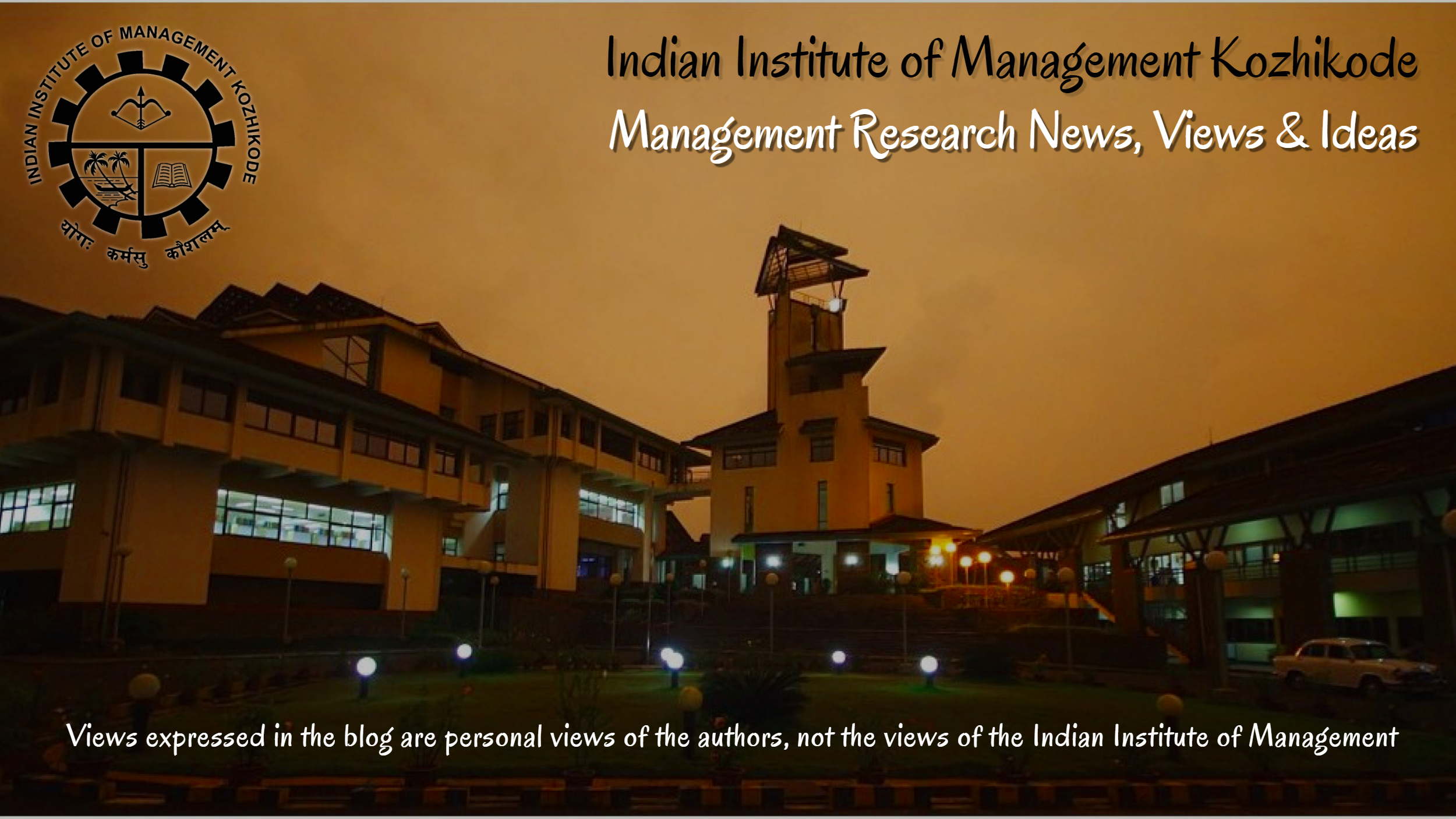


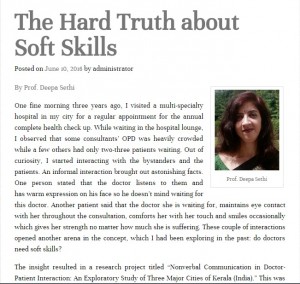
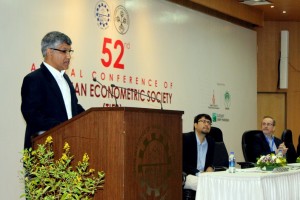
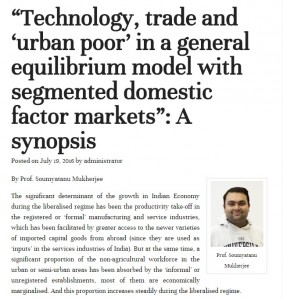
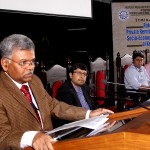
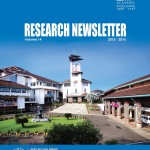
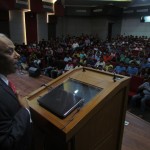
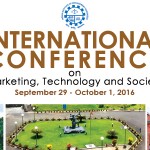
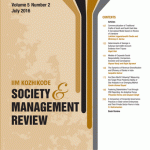




 Users Today : 479
Users Today : 479 Users Yesterday : 554
Users Yesterday : 554 This Month : 8778
This Month : 8778 This Year : 127385
This Year : 127385 Total Users : 551373
Total Users : 551373 Who's Online : 3
Who's Online : 3